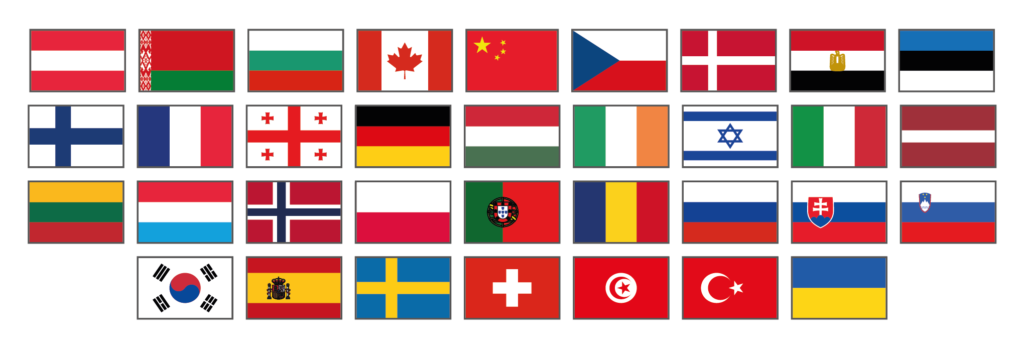The European Union Contest for Young Scientists, better known as ‘EUCYS’, rewards and celebrates Europe’s best young scientific talent. Every year, the event gathers promising young scientists from all over Europe and beyond, to present their projects to a panel of international judges. Over the years some astonishing inventions and creative ways of using science in everyday life have been presented. Be prepared to be amazed! The Contest is a good example of an activity that serves not only to encourage interest in science but also to promote the exchange of ideas among Past participants have often expressed the positive impact of this aspect of the Contest. They believe that it has opened up the gateway to Europe and further afield for their careers, and has also fostered a strong interest in learning other European languages. The Contest is also a useful tool in the development of a pan-European scientific community. It has contributed significantly to popularizing science among young people. This year marks the 32nd edition of the Contest and will be a contest like no other!
The 32nd edition was due to take place in Salamanca in 2020 but due to the worldwide COVID 19 pandemic, the European Commission took the necessary but difficult decision to postpone. The University of Salamanca kindly agreed to host the contest in 2021 instead. Thus the 32nd edition of the contest is unusual in many ways: it combines two contests 2020 and 2021, and is a hybrid event for the first time. Due to the evolving COVID situation in Europe, and indeed worldwide, a decision was taken to welcome the jury to Salamanca and to have the contestants and National Organisers in their home countries.
The Contest is co-funded under Horizon 2020: The EU Framework Programme for Research and Technological Development and is part of a broader initiative to reinforce the links between science and society, responsible research and innovation, and to further the emergence of a European Research Area and the Innovation Union.
Only projects that have won a first prize at a national science competition are invited to participate at EUCYS. Thus, the Contest represents an additional scientific challenge for many young scientists who compete annually in their national contests.
The Contest is more than just a competition. The young people meet others with similar abilities and interests, as well as some of the most prominent scientists in Europe. In this way, the Commission seeks to strengthen the efforts already made in each participating country to attract young people to careers in science and technology.
The first Contest Finals took place in Brussels in 1989. Since then, the event has been hosted in Copenhagen, Zurich, Seville, Berlin, Luxembourg, Newcastle upon Tyne, Helsinki, Milan, Porto, Thessaloniki, Amsterdam, Bergen, Vienna, Budapest, Dublin, Moscow, Stockholm, Valencia, and Copenhagen again for the 20th anniversary of the Contest, Paris, Lisbon, Helsinki, Bratislava, Prague, Warsaw, Brussels again in 2016, Tallinn in 2017, Dublin again in 2018 and Sofia in 2019. Next year, the contest will take place in Leiden in the Netherlands.
This year the European Union Contest for Young Scientists is taking place in Salamanca and we are pleased to be in Spain for the third time.
The European Commission is very grateful to the organisers for their professionalism and support.
For more information on the EU Contest please visit the following web site:
ec.europa.eu
FOR MORE INFORMATION ON THE EUROPEAN UNION CONTEST FOR YOUNG SCIENTISTS PLEASE CONTACT
Karen Slavin
European Commission
Directorate General for Research and Innovation
Directorate ERA & Innovation
ERA Governance & Implementation
B – 1049 Brussels, Belgium
rtd-eu-young-scientists-contest@ec.europa.eu
All contestants at the European Union Contest for Young Scientists have previously won a first prize at the national young scientist competition in their own country. They are put forward by the “National Organiser”, who is the contact person for their respective national contest. The contestants compete either as individuals or as part of a team. There are strict rules on the age of the contestants, the size of the teams, and the number of contestants and projects that each participating country can send. The Contest accepts projects in all fields of scientific endeavour that have been carried out before the contestants enter university.
Competing in the contest for 2020 are 50 contestants with 41 projects and for 2021 we have 108 contestants with 73 projects.

This year, the Jury is composed of 25 highly qualified scientists and engineers with worldwide reputations in their chosen field.
The jury carry out their duties at the contest as independent scientific experts and not as representatives of any institution, organisation or country. The EC appoints the Jury annually basing its selection on the scientific needs of the contest. They are drawn both from academia and industry. The jury base their work at the contest on the Guidelines established by the EC.
The European Union Contest for Young Scientists takes place in three stages following national competitions, which are held across Europe from October of the preceding year to May of the current year.
1. SELECTION
Winners of the national competitions are selected by their respective national contest jury and nominated to represent their country at the Contest. The National Organisers submit their projects to the EC in June.
2. PREVIEW
During the summer, the Contest Jury members review the written descriptions of the projects that they will assess during the exhibition in September.
3. CONTEST
The Contestants display their projects at exhibition stands, and are interviewed by members of the Jury. The Jury use the following criteria to make their final assessment: originality and creativity in the identification of and approach to the basic problem; skill, care and thoroughness in designing and carrying out the study; follow through of the study from conception to conclusion; reasoning and clarity in the interpretation of the results; quality of written presentation; ability to discuss the project with the Jury members.
In applying all these criteria, allowance shall be made for the age and education level of the contestants, the quality of the resources available to them and their linguistic ability to speak a non-mother tongue language if required.
The decision of the jury is final.
The contestants compete for a number of prizes on the basis of their projects.
The core EU monetary Prizes are the main prizes awarded.
THESE INCLUDE FOR 2020 CONTESTANTS:
Two First Prizes worth € 7,000 each
Two Second Prizes worth € 5,000 each
Two Third Prizes worth € 3,500 each
THESE INCLUDE FOR 2021 CONTESTANTS:
Four First Prizes worth € 7,000 each
Four Second Prizes worth € 5,000 each
Four Third Prizes worth € 3,500 each
The jury also select the best and most appropriate contestants for several Special Donated Prizes
of study visits or similar to leading scientific European organisations as follows:
A one-week stay at one of the eight EIROforum organisations: CERN, EUROfusion (JET), EMBL, ESA, ESO, ESRF, ILL, European XFEL; a two day stay at the Joint Research Centre at Ispra in Italy; visits organised by the Bioeconomy BBI undertaking and Food industries; visit to a PRACE super computing facility; visit to the International Swiss Talent Forum; visit to Expo-sciences Luzembourg.
EuChemS kindly offers a prize to the best chemistry project, FoodDrinkEurope and PEPSICO kindly offer prizes to the best food related projects.
These prizes are offered to contestants who, according to the Jury, would benefit from the specific experience that these prizes offer. At the discretion of the Jury, a prize winner can receive both a core Prize and a Special Donated Prize.
The following countries will participate at EUCYS on a competitive basis: Austria, Belarus, Bulgaria, Canada, China, Czech Republic, Denmark, Egypt, Estonia, Finland, France, Georgia, Germany, Hungary, Ireland, Israel, Italy, Latvia, Lithuania, Luxembourg, Norway, Poland, Portugal, Romania, Russia, Slovak Republic, Slovenia, South Korea, Spain, Sweden, Switzerland, Turkey and Ukraine.
Serbia and Malta have not sent a team this year. The EC is negotiating with Armenia, Croatia, Macedonia and Moldova to welcome them at future contests.










